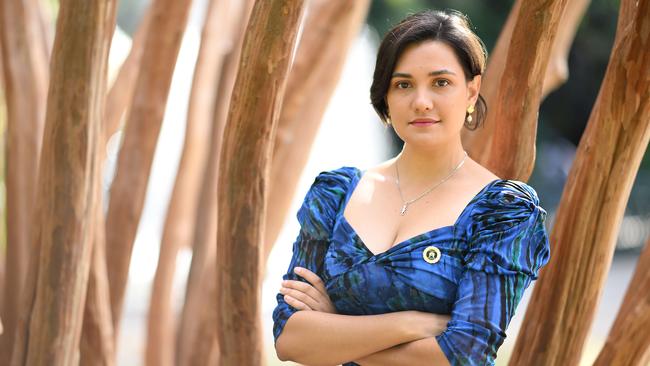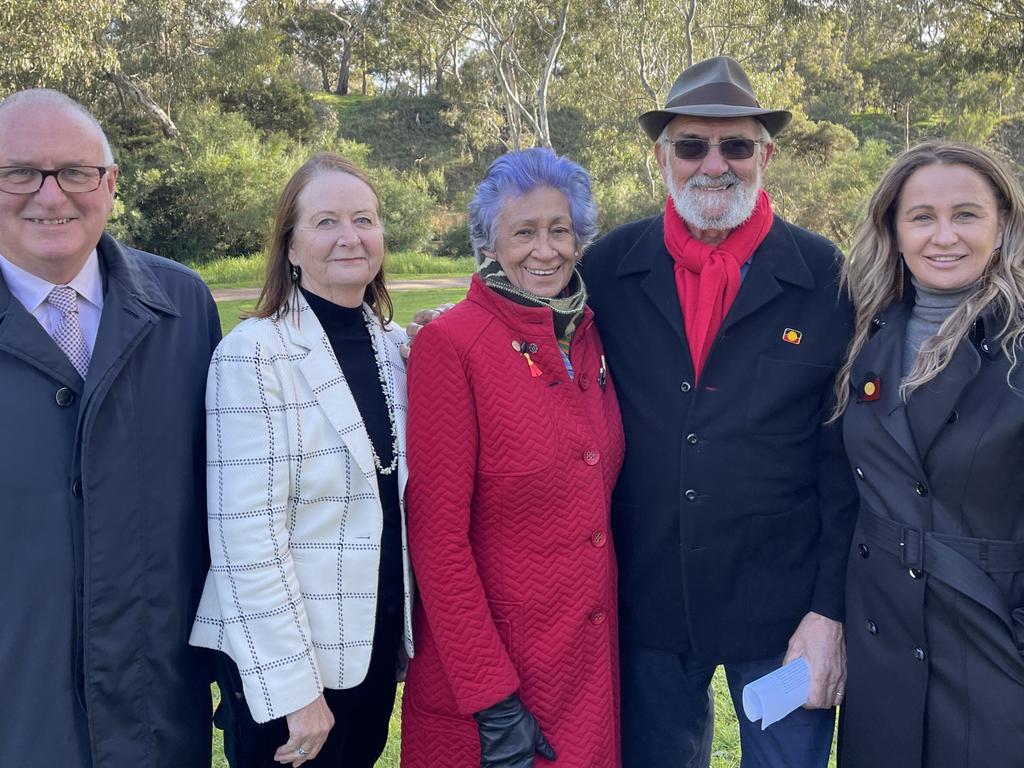Why First Nations ‘need to be heard’, says Talei Elu
Talei Elu will join seven other Indigenous Queenslanders on the state government’s newly created First Nations Consultative Committee.

Talei Elu understands better than most how bureaucracy works and sometimes does not work. For years, the Saibai Koedal woman was inside government in policy and communications roles in Canberra. She now lives in the remote Cape York community of Seisia, where she is an advocate for residents on matters important to their daily lives such as phone reception.
“After working in government for a long time and coming back to Seisia, I can see how it is for community members to come up against big organisations or bureaucracy,” Ms Elu said. “It seems like we can’t really have a say on how policies are created.”
The Queensland government wants to change that with its own version of an Indigenous voice.
More than five years since the Uluru Statement from the Heart called for an Indigenous body to advise federal parliament, the Palaszczuk government is taking steps towards a state voice.
On Thursday, Ms Elu will join seven other Indigenous Queenslanders on the state government’s newly created First Nations Consultative Committee. They will spend the next year listening and talking to their communities about what the state voice should look like.
“Governments love to have stakeholder consultations but often they are tailored to get information in the way governments want to receive it,” Ms Elu said. “There’s always been this struggle to try to get our voices heard.”
The committee will consider a range of Indigenous voice options, including the establishment of a statewide Indigenous voice body. Queensland decided to create its own voice before Anthony Albanese became Prime Minister and announced, on election night on May 21, that Australians would go to a referendum on the question of whether to enshrine a First Nations voice in the Australian constitution.
The South Australian government announced on Monday it intended to help the Albanese government establish a national Indigenous voice by appointing a state-based voice commissioner.
Kaurna, Narungga, Ngadjuri and Ngarrindjeri man Dale Agius will lead the Malinauskas government’s consultations with Aboriginal groups “and lay the foundations for state-based implementation of the Uluru Statement from the Heart”.
Queensland Minister for Aboriginal and Torres Strait Islander Partnerships Craig Crawford said appointing the committee was a historic step towards an Indigenous voice, where Aboriginal and Torres Strait Islanders have a greater say in decisions about their lives, communities and future. “The FNCC will help inform the state’s input to the national Indigenous voice process,” Mr Crawford said.
“They will help design a Queensland Indigenous Voice model that best meets the needs and priorities of First Nations peoples and reflects the diversity of Aboriginal and Torres Strait Islander peoples and communities in Queensland.
“This is about giving voice to the people. It involves them working with and listening to Aboriginal and Torres Strait Islander peoples across the state.”
The Queensland government is not linking its plans for a voice to the state’s treaty process under way since 2019.
In Victoria, however, the First Peoples’ Assembly is steering that state’s treaty process while at the same time taking a role as an Indigenous voice.
Its members were elected by Indigenous Victorians in 2019.







To join the conversation, please log in. Don't have an account? Register
Join the conversation, you are commenting as Logout